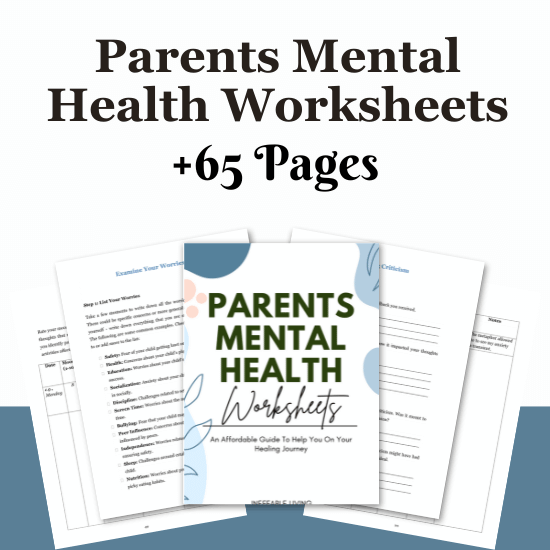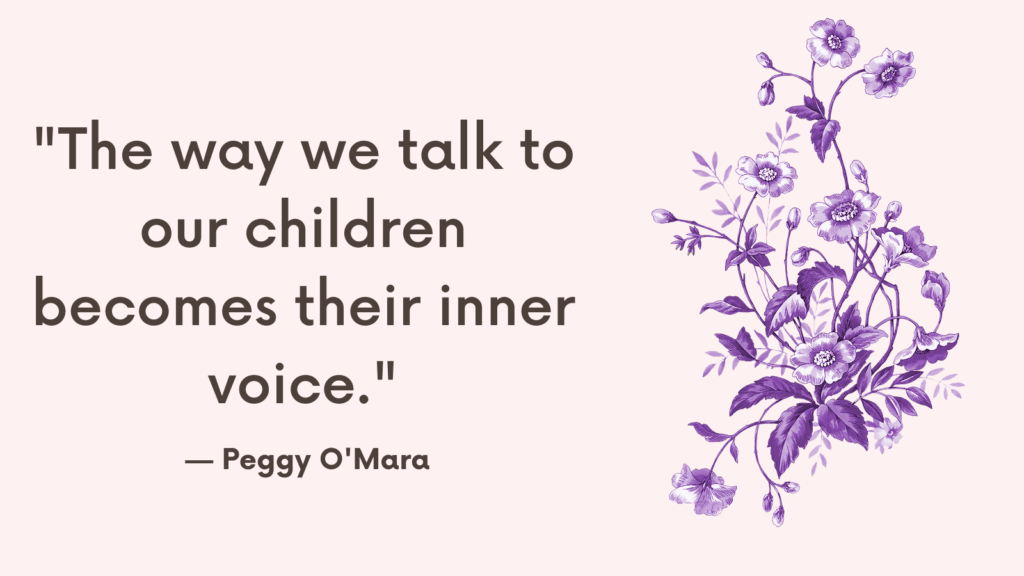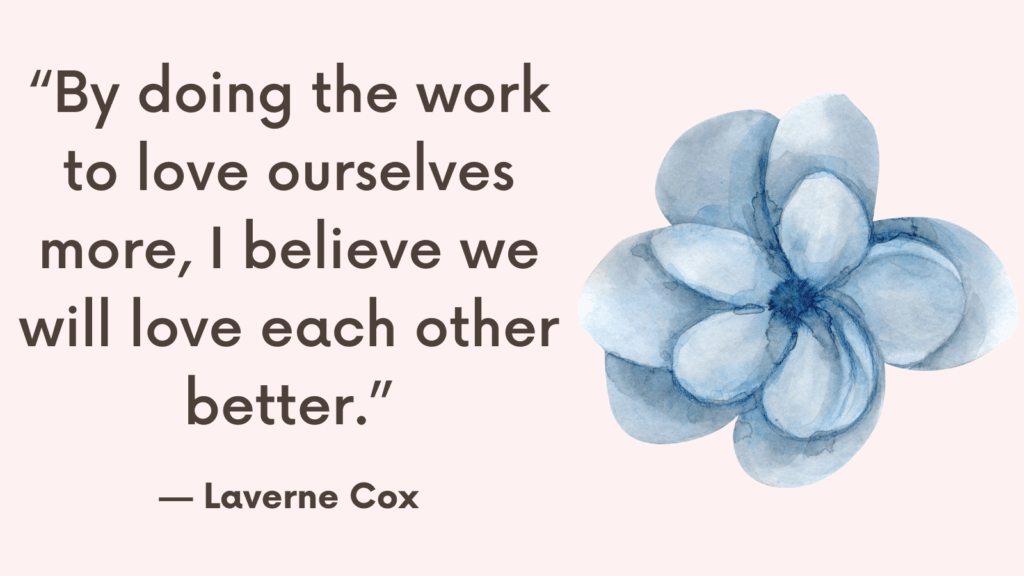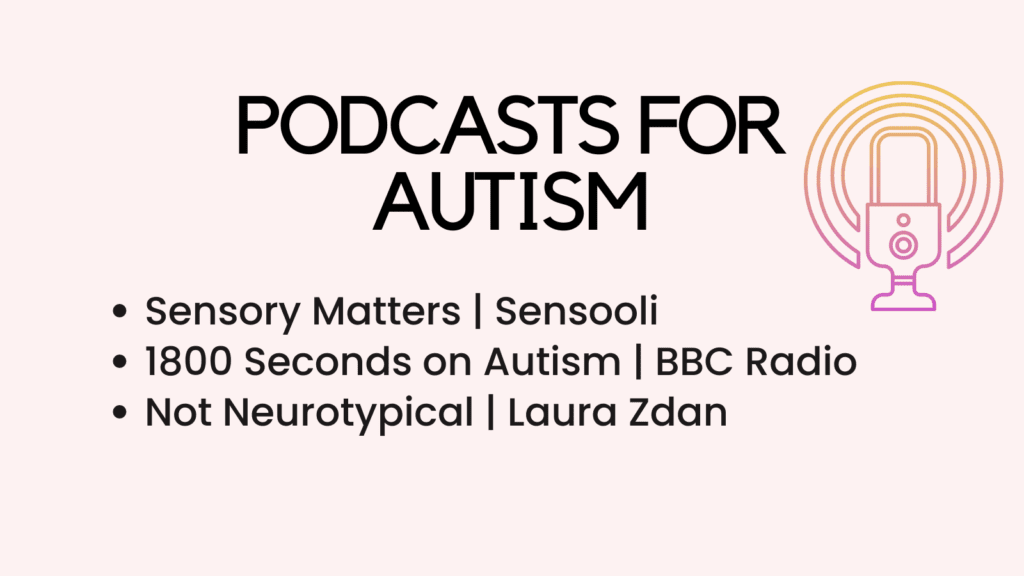Parenting a neurodivergent child — whether they are autistic, ADHD, sensory-sensitive, or experience learning or emotional differences — requires a level of presence, advocacy, and patience that can be both beautiful and exhausting. While you’re focused on meeting your child’s unique needs, it’s easy to forget your own.
But protecting your mental health isn’t selfish. It’s essential. When you’re supported, you can show up more fully for your child and for yourself.
Here’s how to care for your own mental health while parenting a neurodivergent child.
Why Mental Health Matters While Parenting a Neurodivergent Child?
1. You Can’t Pour From an Empty Cup
Parenting a child with complex needs takes daily patience, flexibility, and emotional presence. If your own needs are constantly unmet, you’ll start running on stress, guilt, and exhaustion.
Taking care of yourself isn’t indulgence — it’s a foundation.
Your child benefits most when you’re resourced, grounded, and supported.
2. You’re Navigating Constant Emotional Highs and Lows
You may swing between pride, frustration, joy, grief, advocacy, and burnout — sometimes in one day.
That emotional intensity can take a toll over time, especially when you feel like no one around you understands.
Protecting your mental health gives you room to process, not just perform.
Related: Autism In Women Symptoms That Are Often Overlooked
3. You’re Often Managing Invisible Labor
From IEP meetings and therapy appointments to meltdowns, transitions, and sensory challenges — much of what you carry isn’t seen by others.
This “invisible load” is emotionally draining, and without validation or support, it can lead to resentment or collapse.
You deserve space to name what you carry — and be cared for, too.
4. Your Child Needs You to Be a Safe Base
Children — especially neurodivergent ones — often rely on caregivers to help them co-regulate emotions, navigate overwhelming environments, and interpret the world.
If you’re constantly anxious, overstimulated, or emotionally shut down, it’s harder to be that steady presence.
Your calm isn’t perfection. It’s regulated energy that gives your child something to lean on.
Related: Shy Child Vs. Autism (& How To Parent A Child With Autism?)
5. Guilt and Comparison Can Eat Away at You
You might feel like you’re never doing enough. You might compare your child’s path to others. You might feel isolated from other parents.
This emotional weight can quietly become chronic stress if you don’t have space to talk about it.
Mental health support helps you reframe your experience with compassion instead of shame.
6. Burnout Is Common — But It’s Preventable
Parents of neurodivergent children are more likely to experience emotional exhaustion, anxiety, and depression — especially when support is limited.
That’s not a personal failure — it’s a sign that you’re doing too much with too little.
Caring for your mental health reduces the risk of caregiver burnout — and helps you stay present for the long haul.
Related: Best 10 Autism Books For Parents
7. You Model Self-Care for Your Child
Your child is watching how you treat yourself.
When you prioritize rest, boundaries, and emotional honesty, you teach them that caring for your mind and body is not selfish — it’s necessary.
You show them that self-worth isn’t about performance — it’s about compassion.
How to Protect Your Mental Health While Parenting a Neurodivergent Child?
1. Accept That Your Parenting Path Is Different (Not Wrong)
You may feel isolated when your parenting journey doesn’t match what others experience.
Your milestones look different. Your wins are quieter.
You might hear unsolicited advice or feel silently judged.
Remind yourself: “I’m not doing it wrong. I’m doing it differently — and that’s okay.”
Comparison steals peace. Your child needs your presence, not your perfection.
Related: HSP vs Autism
2. Learn the Line Between Advocacy and Overfunctioning
You’re your child’s advocate — but you’re also a person with limits.
If you’re constantly emailing, researching, explaining, and fighting for services, you may burn out.
Balance is hard, but necessary.
Ask: “What’s mine to carry today — and what can wait?”
3. Find or Build a Judgment-Free Support Circle
Isolation intensifies mental fatigue. Surround yourself with people who get it:
- Support groups for parents of neurodivergent kids
- Online communities led by actually neurodivergent voices
- Friends who don’t offer “fixes” but hold space
You’re allowed to need others — not just for advice, but for witnessing.
4. Set Boundaries With Toxic Positivity
You might hear things like:
- “You’re so strong!”
- “Everything happens for a reason.”
- “At least it’s not worse.”
While well-meaning, these statements can feel dismissive.
You’re allowed to say: “I don’t need silver linings right now — I need space to feel what I feel.”
Related: Autism and Temperature Regulation [Guide]
5. Carve Out Micro-Moments of Rest
You may not get long breaks or child-free weekends, but even 5–10 minute resets matter.
- Sit in silence while your child is occupied
- Breathe deeply in the bathroom
- Stretch, sip tea, or journal for five minutes
Small pockets of rest add up to real mental resilience.
6. Give Yourself Permission to Feel Everything
Grief, frustration, pride, guilt, joy, resentment — it’s all valid.
You’re not a bad parent for feeling overwhelmed.
You’re a real parent, navigating complex needs with courage.
Let yourself be human, not heroic.
7. Learn From Neurodivergent Adults
Their insights can help you better understand your child and feel less alone.
They can reframe what success, happiness, and connection look like.
This takes pressure off you — and honors your child’s unique way of being.
Neurodivergence is not a flaw to fix — it’s a difference to understand.
8. Normalize Therapy and Support for Yourself
You deserve the same compassion and accommodations you fight for.
Working with a therapist who understands neurodivergence and caregiver stress can give you tools, perspective, and relief.
You don’t have to wait until you’re burnt out to get help.
Related: Autistic Meltdown vs Panic Attack
9. Keep a “Bright Spots” Journal
Write down one small win, joyful moment, or sign of growth each day.
On hard days, revisit it.
This isn’t to bypass pain — it’s to remind you that even in the chaos, you’re building something beautiful.
10. Practice Self-Talk That Holds You Gently
When you feel like you’re failing, remind yourself:
- “I’m doing the best I can with what I have.”
- “It’s okay to struggle and still be a good parent.”
- “I don’t need to be perfect to be enough.”
Your child doesn’t need a flawless parent — they need one who’s real, present, and trying.

Conclusion
Parenting a neurodivergent child is an act of deep, continuous love — but it can also be isolating and draining.
Your mental health matters just as much as theirs.
You are allowed to rest. To struggle. To receive.
And most of all, to ask for care as fiercely as you give it.



